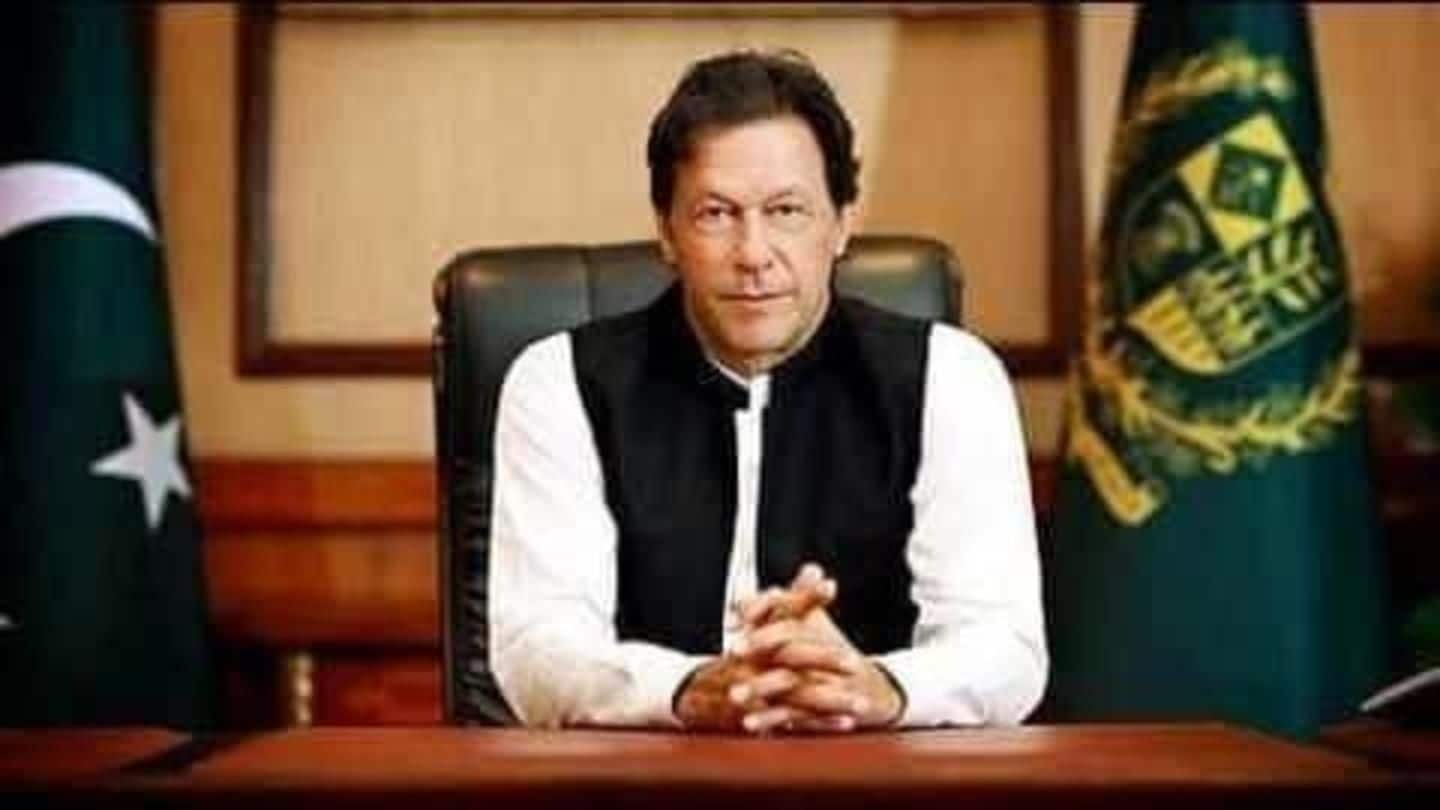
Pak PM Khan wants Pakistanis to crowdfund $14bn for dams!
What's the story
In what could become the largest crowdfunding effort in history, newly-elected Pakistan PM Imran Khan wants Pakistanis to crowdfund a whopping $14bn for urgently needed dams in the country. The ambitious but odd request comes at a time when the Pakistan government has been cash strapped. Meanwhile, Khan's critics say that the plea is a mere pipe dream, and can't be achieved. Here's more.
History
Khan built his political career from a donation campaign
Indeed, Khan is no stranger to achieving milestones through crowdfunding - he has built two of Pakistan's only state-of-the-art cancer hospitals worth $300mn purely on donations. The campaign led to the foundation of Khan's career in politics. Yet, $14bn is a far cry from $300mn, and its unclear how Pakistanis will raise the amount, or what will happen if the project fails.
Plea
Khan has asked for $1,000 each from Pakistanis living overseas
In his nationalistic plea to Pakistanis to donate towards the dam project, Khan has (conveniently) missed out on specifics. Yet, he claimed if the millions of Pakistanis living overseas contribute $1,000 each towards the crowdfunding project, the $14bn target can easily be reached. "We have only 30 days water storage capacity," said Khan in an impassioned televised plea earlier this month.
Water scarcity
Pakistan is staring at "absolute water scarcity" by 2025
Pakistan is a country rich in rivers and glaciers, but has only two large-capacity dams. Although it has faced chronic water scarcity problems, for decades the country has ignored warnings that it would face a water crisis. Now, with the country's population growing, experts are certain Pakistan faces "absolute water scarcity" by 2025.
Dams
Pakistan plans to construct two dams with the money
If Pakistan does manage to raise $14bn, of which a mere $33mn has been raised so far, the funds will go into the construction of Mohammad dam in the northwest, and Diamer-Basha dam project in the north. While the former is largely considered to be feasible, the latter is involved in a territorial dispute with India, and has seen international donors steer clear.